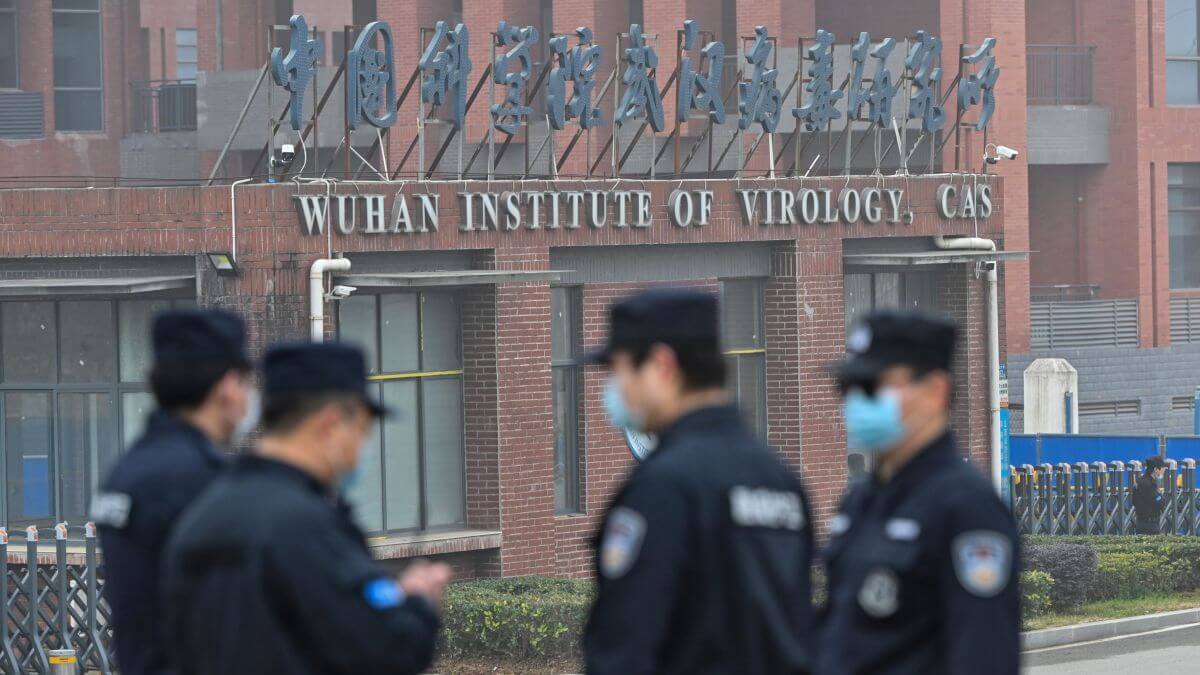On Tuesday, experts from the World Health Organisation (WHO) released a 124-page report saying that COVID-19’s origins are likely to be traced to bats, from whom the virus was transferred to humans through another intermediary animal. They also dismissed theories that suggested that the virus had leaked from a lab in Wuhan, arguing that that was a highly improbable explanation for the outbreak. The document was jointly drafted by 17 scientists from across the world, who worked in collaboration with 17 Chinese scientists.
Speaking about the release, WHO chief Dr. Tedros Adhanom Ghebreyesus, said that the lab leak theory did require “further investigation”, reiterating that “all hypotheses remain on the table.” “Finding the origin of a virus takes time and we owe it to the world to find the source so we can collectively take steps to reduce the risk of this happening again. No single research trip can provide all the answers,” he said. Additionally, he claimed that the team encountered difficulties in accessing raw data, which resulted in the investigation not being “extensive enough”. However, Peter Ben Embarek, head of the WHO investigation team, said that while they had faced political pressure from within China and outside during the investigation, they had not excluded any information from the report.
These explanations from the United Nations (UN) health agency’s representatives came in response to a joint criticism of the report by 14 countries, including the United States (US), the United Kingdom (UK), South Korea, and Australia. In a statement released by the countries, they called upon China to grant WHO experts “full access” to information about the origin of the virus. Complaining that the investigation had been “significantly delayed and lacked access to complete, original data and samples,” the countries said that “scientific missions like these should be able to do their work under conditions that produce independent and objective recommendations and finding,” and argued that this was critical “to better prepare our people, our public health institutions, our industries, and our governments to respond successfully to such an outbreak and prevent future pandemics.” The European Union’s (EU) ambassador to the UN, Walter Stevens, however, said that while there were several issues with the investigation, it was “an important first step”.
The criticism is reflective of the over-arching concerns that the Chinese government had been limiting access to resources to obstruct the investigation. Moreover, many of the scientists who were representing the Chinese side in the investigation hold official positions or are employed at government-owned medical institutions.
Since the detection of the virus in Wuhan, numerous conspiracy theories have emerged, with some suggesting that it had leaked from the Wuhan Institute of Virology, which conducts the world’s most robust studies on coronaviruses originating from bats. In fact, one of the most ardent supporters of this theory was erstwhile American President Donald Trump. Nevertheless, China has always denied these allegations and has publicly rubbished the claims. According to Chinese state-owned media houses, the virus arrived in China through frozen food imports.
Responding to these theories, the international team of WHO researchers had previously released a statement in February saying that the novel coronavirus SARS-CoV-2 most likely originated in animals before spreading to humans and dismissed the notion that it was the product of a lab accident in Wuhan. Their statement was delivered during a press conference by members of the joint WHO/China investigative mission, which gave a summary of their findings after 12 days of fieldwork. The trip came after a painstaking negotiation process between the WHO and Beijing, given the latter’s resistance to any international inquiries or efforts appearing to blame China for the pandemic. The team visited hospitals, laboratories, and seafood and meat markets in Wuhan—considered to be the original epicentre of the outbreak—and said that, though their work did not dramatically alter their initial picture of what had transpired, they now had important details of the story.
14 Countries Release Statement Criticising WHO’s Report on Origin of COVID-19
14 countries, including the US and the UK, have come out criticising the WHO’s report on the beginning of the COVID-19 virus in Wuhan, further accusing China of withholding critical information.
March 31, 2021

SOURCE: CNN
